Good wind for the sailors and a great vantage point for viewing their boats.
About 100 to 150 spectators at Portland’s Fort Allen Park enjoyed mostly sunny skies, moderate temperatures and a first-hand look at how experienced sailors maneuver high-performance sailboats when Atlantic Cup sailboat racing made its debut in Casco Bay on Friday.
“It makes it so accessible,” said Sue Bristol, who came from Freeport with her husband, Bill. “You can see the entire race and the commentary is nice to help you understand what is happening.”
Race organizers are hoping for a bigger crowd Saturday and maintain optimism about returning to Portland in two years.
“For a Friday afternoon, I’m pleasantly surprised with how many people turned out,” Atlantic Cup race director Julianna Barbieri said.
On the land, spectators were treated to a subtly changing panorama of water, islands, and watercraft as the clouds thickened and then receded during five hours of racing.
On board the sleek but sturdy Class 40 boats, which cannot exceed 40 feet in length and weigh nearly five tons, the crews scurried to adjust sails and strategies as they tacked around buoy-marked courses in three different races.
“We were all pretty busy,” said Harpswell native Micah Davis, the co-pilot of Portland-based boat Amhas. “These guys were working hard getting the spinnaker down and then it wouldn’t be long and they were coming back up again.”
Racing concludes Saturday with two more inshore races. Food trucks, a beer garden and live music are part of the on-land activities.
The Atlantic Cup challenges sailors to complete what is the longest offshore race in the western Atlantic and is considered the premier short-handed (one or two sailors) event for Class 40 sailboats in the United States. It consists of three separate legs: multi-day offshore trips from Charleston, South Carolina, to Brooklyn and from Brooklyn to Portland, and the five inshore races around courses in Casco Bay. The seven remaining teams (nine started the race) each added four crew members for the inshore racing.
The Spanish boat Tales II, sailed by Gonzalo Botin and Pablo Santurde, continued to dominate the competition, winning the first two races Friday and placing second in the third. Tales II, which won both offshore legs by sizable margins, has a nearly insurmountable nine-point lead on Earendil, a French boat that won the final race. Amhas, the Portland-based boat, was tied for fifth overall after placing fifth, third and sixth in Friday’s events.
Davis said Casco Bay proved a challenging arena.
“It was terrific. It was shifty, puffy. We had good current,” Davis said. “The race courses were good and we ended up having a lot more pressure than we thought we would – a lot more wind.”
This is the first time the Atlantic Cup has come to Portland. The biennial race finished in Newport, Rhode Island, in previous years.
“The reception we’ve gotten has been terrific,” Davis said. “There have been a lot of people down (at Maine Wharf) interested in the boats, asking about the boats. We had a few boats out watching us sail today. Portland has done a really nice job. We had a beautiful day of sailing. That was perfect Maine sailing.”
Bristol, who is not a sailor, said she felt the Atlantic Cup “was the type of event to come out and support and I hope they bring it back.”
Barbieri, the race director, said “all signs point to” Portland being the finishing point and site for inshore racing again in 2018.
Barbieri would like to have that decision made within three months. The race needs to set its dates as soon as possible, she said, so the Atlantic Cup can keep its current spot in the four-race Class 40 world championship series.
The spectators who did come to Fort Allen Park on Friday were attentive, many equipped with binoculars, and most staying for an extended period.
Richard Grondin of Falmouth said he was “just trying to learn,” as he and his daughter Sarah Grondin watched Friday’s third race.
The Grondins recently started sailing their own 23-foot boat. Richard Grondin said even from land it was easy to notice the Atlantic Cup sailors’ skill and precision.
“We know all the obstacles (in Casco Bay), the currents, the tides, the lobster pots, so it’s amazing to see how they can handle the boats,” Grondin said.
Between Saturday’s two Atlantic Cup races, the Centerboard Yacht Club of South Portland will hold its annual regatta featuring 20-25 boats.
Send questions/comments to the editors.


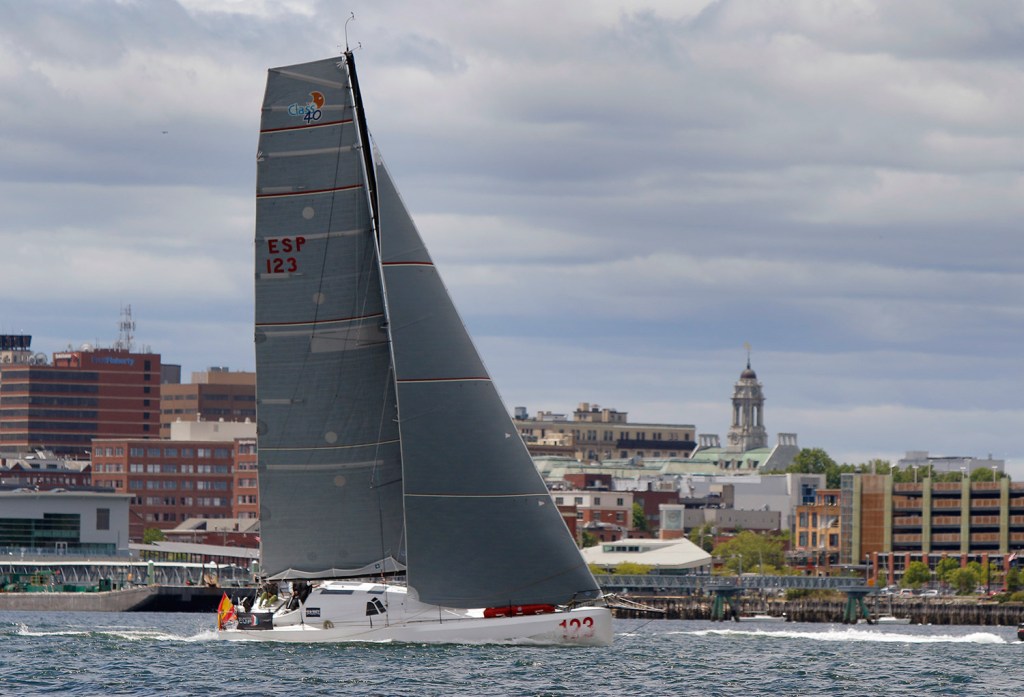
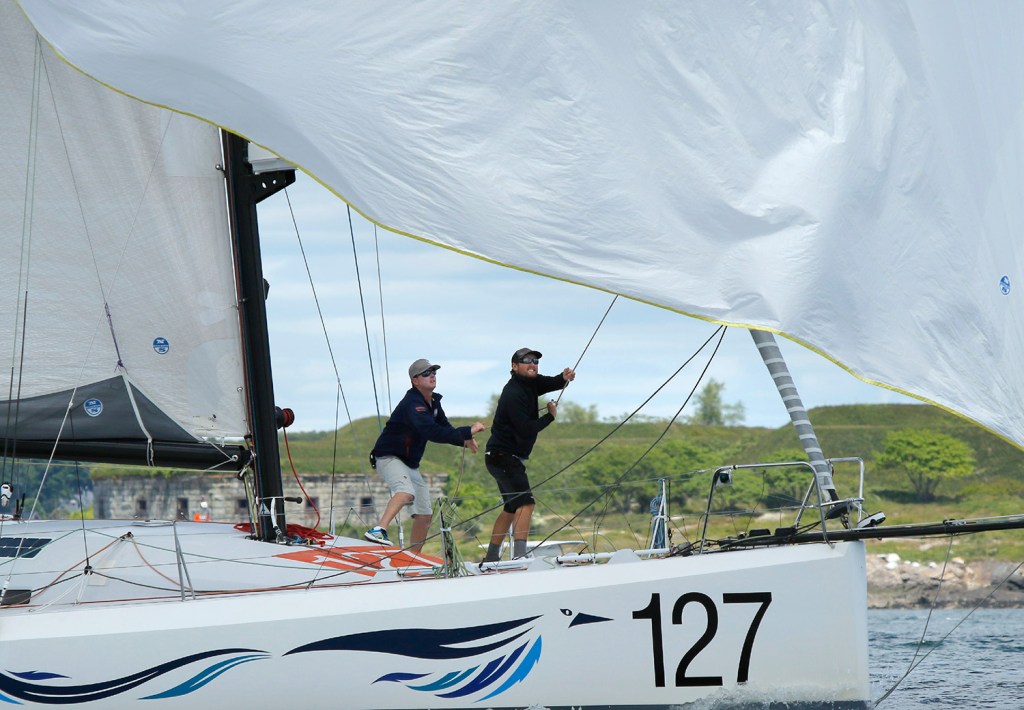
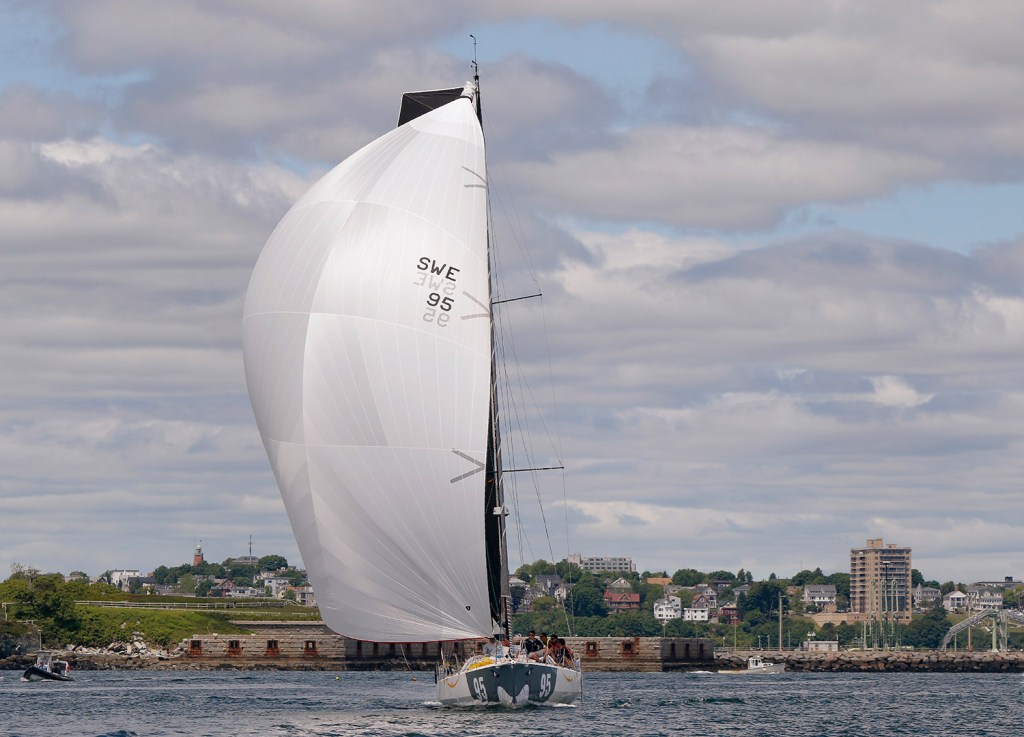
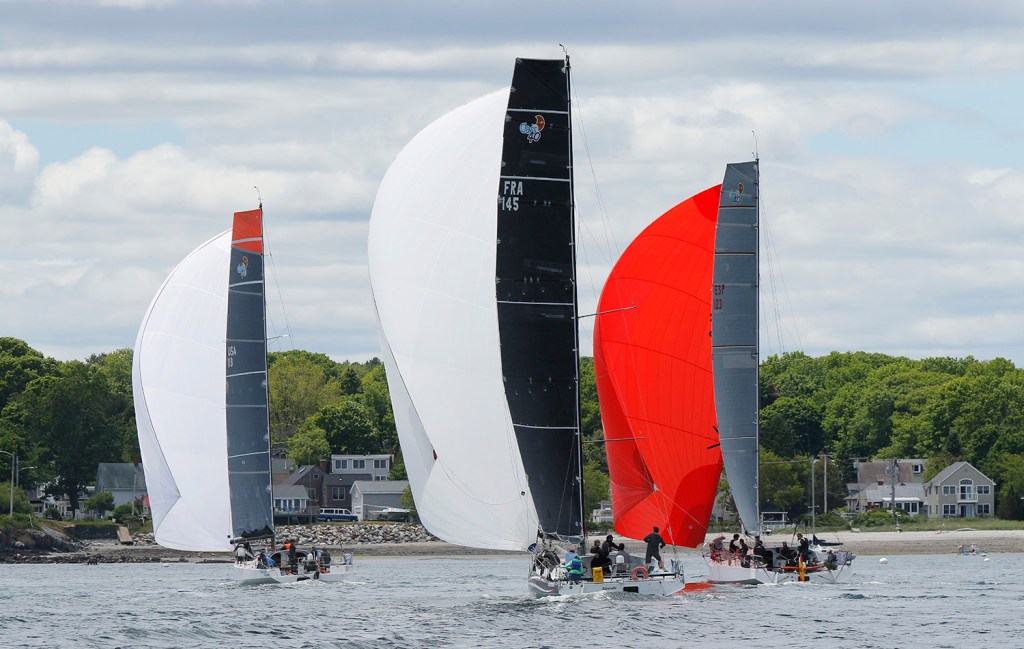
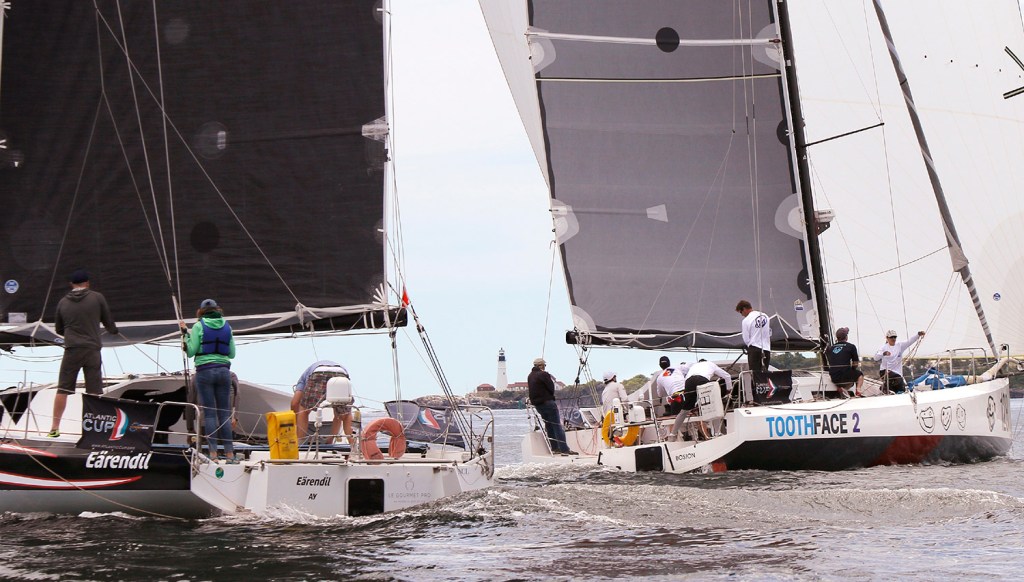
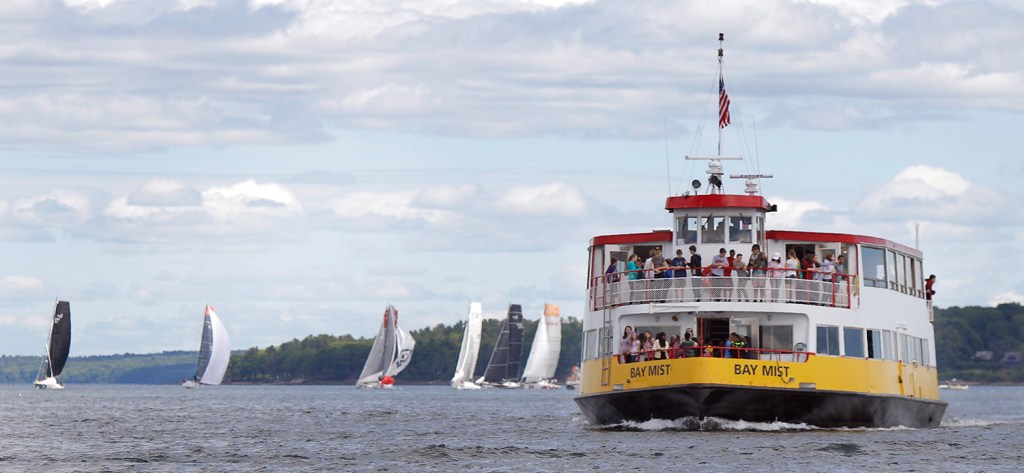
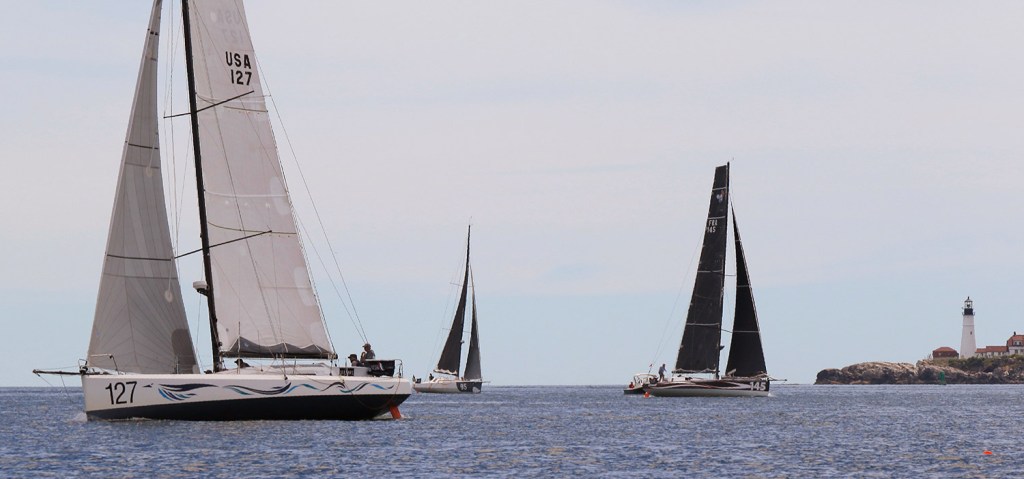
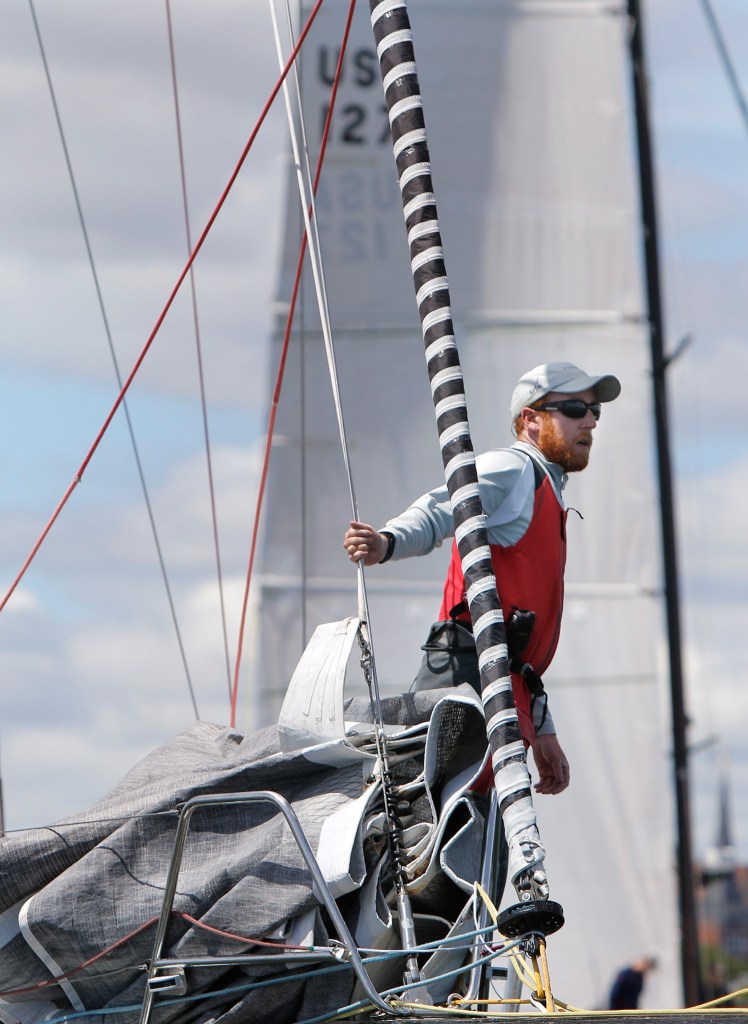
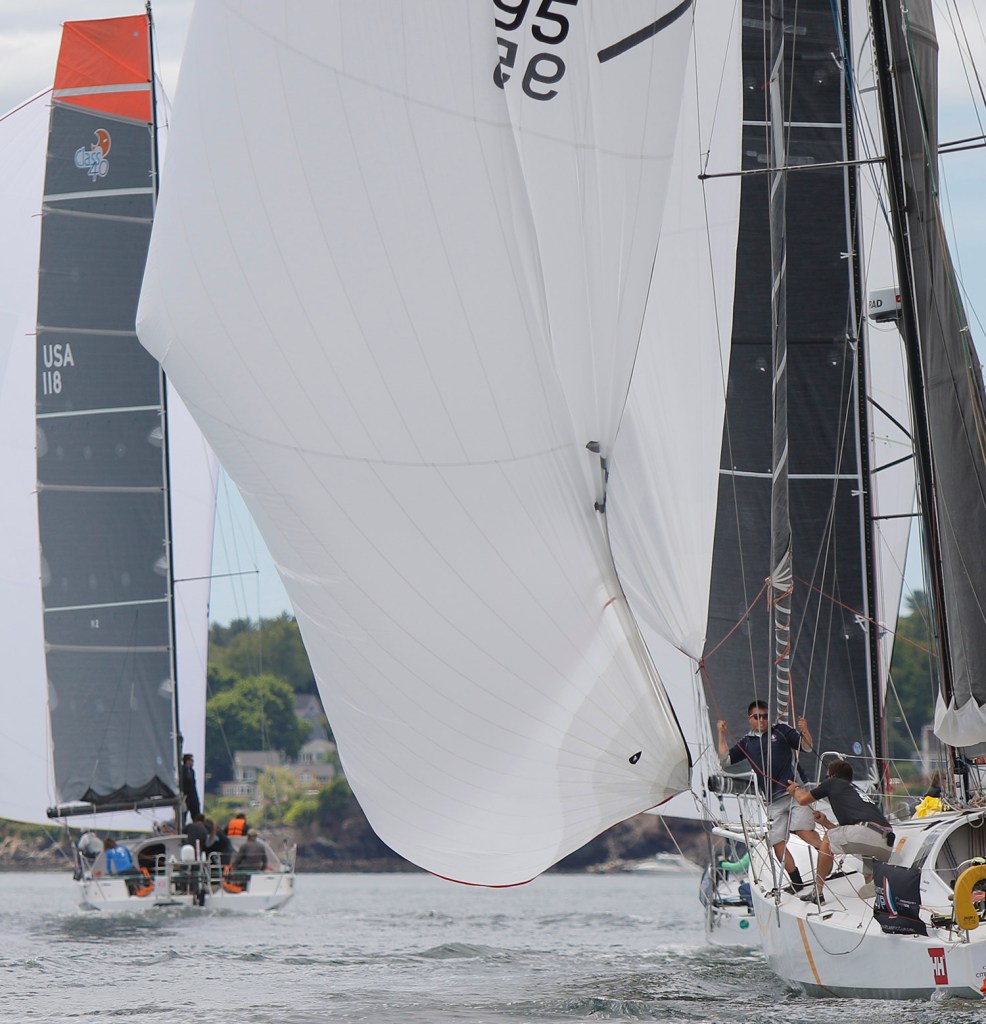
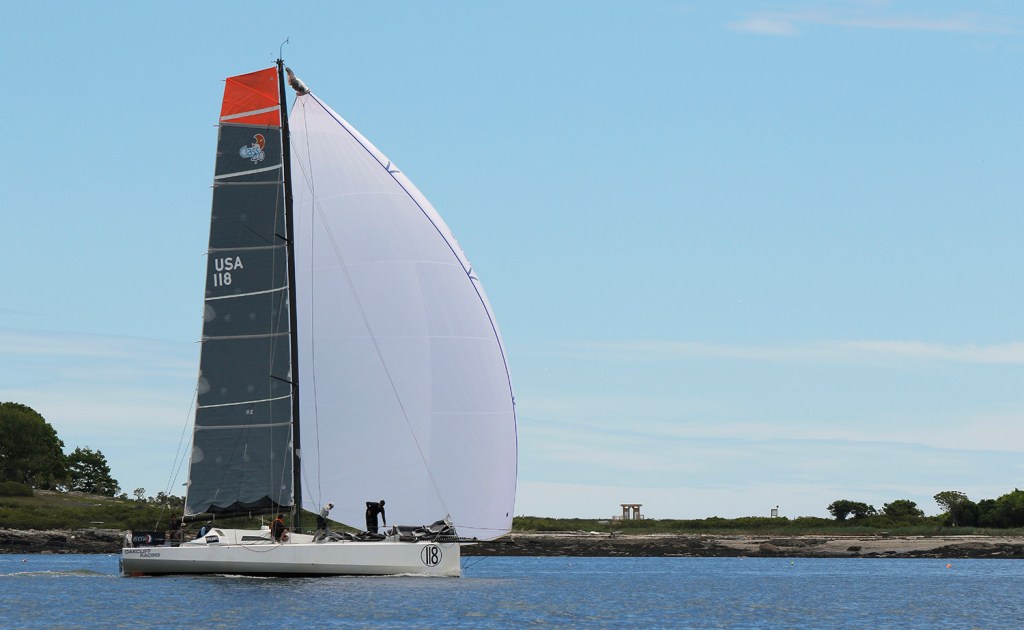
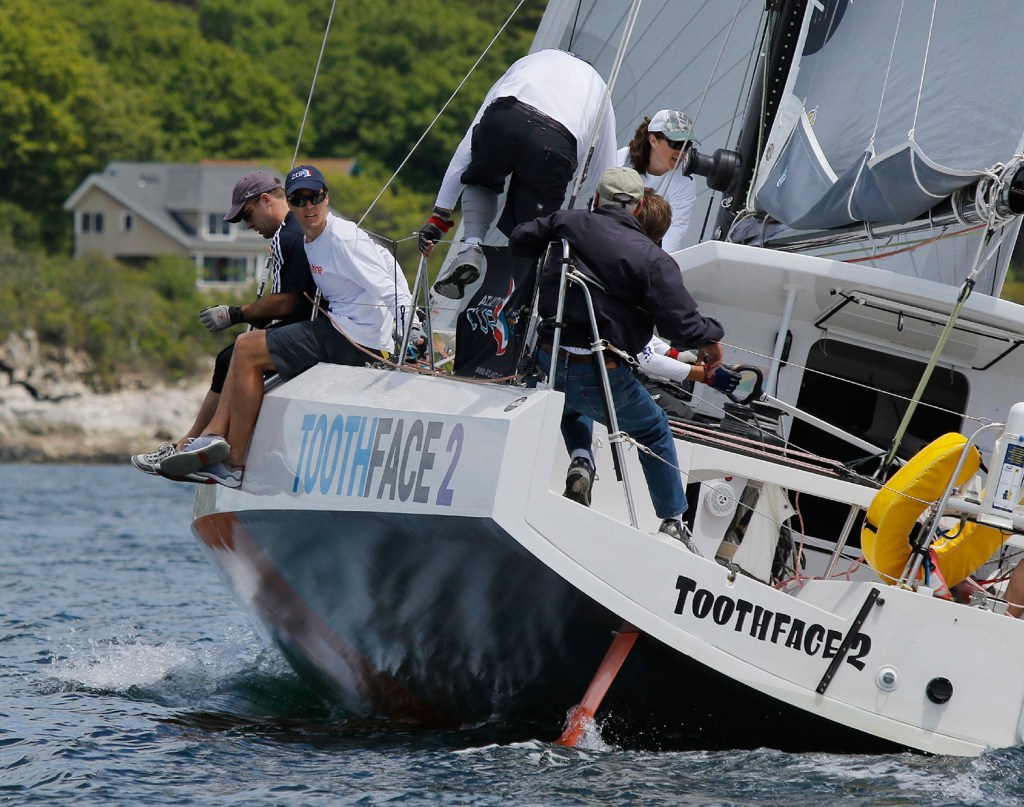
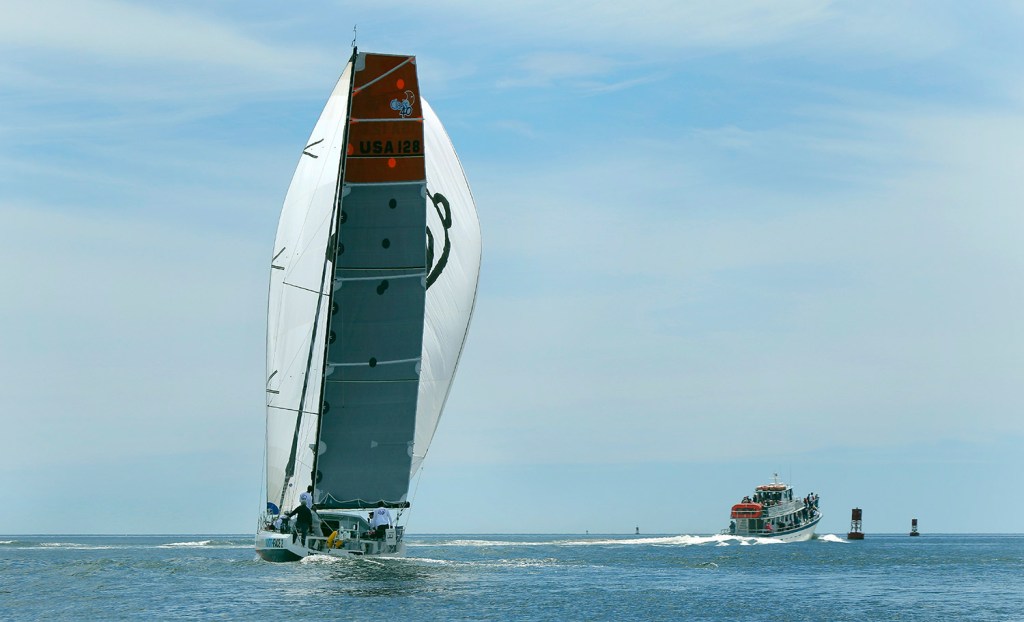
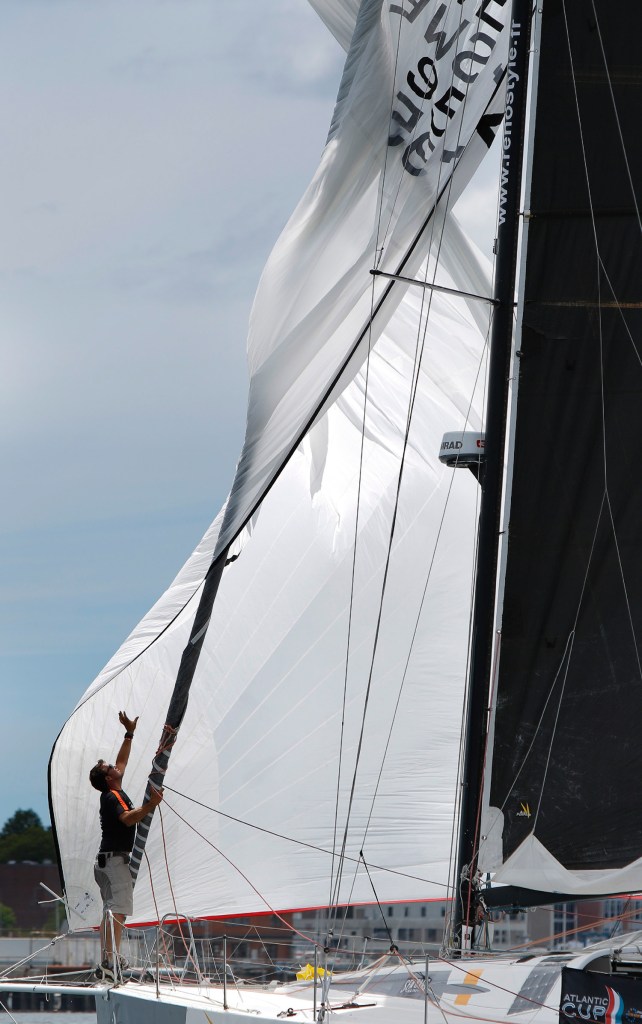
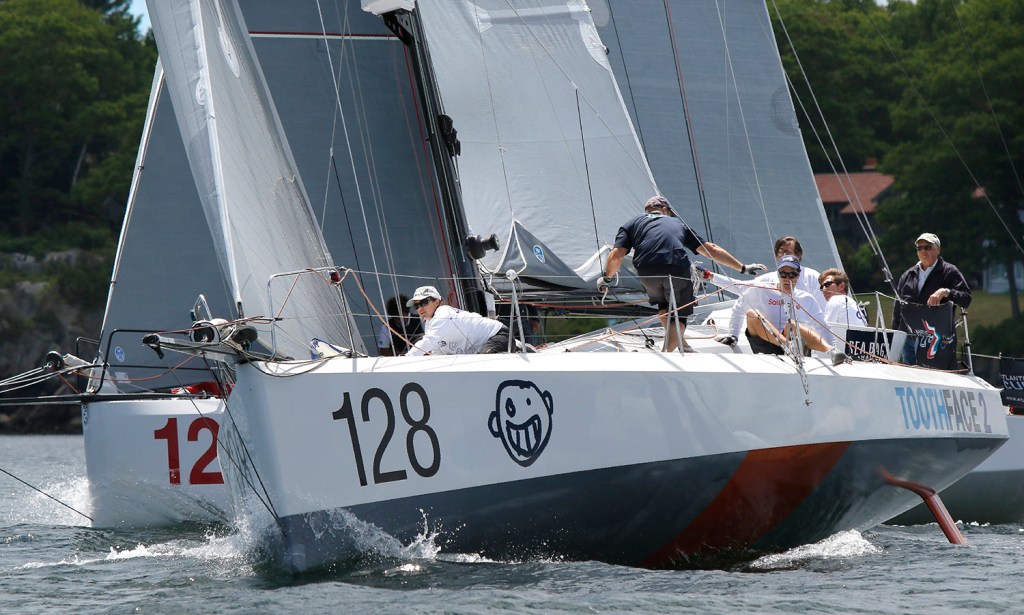
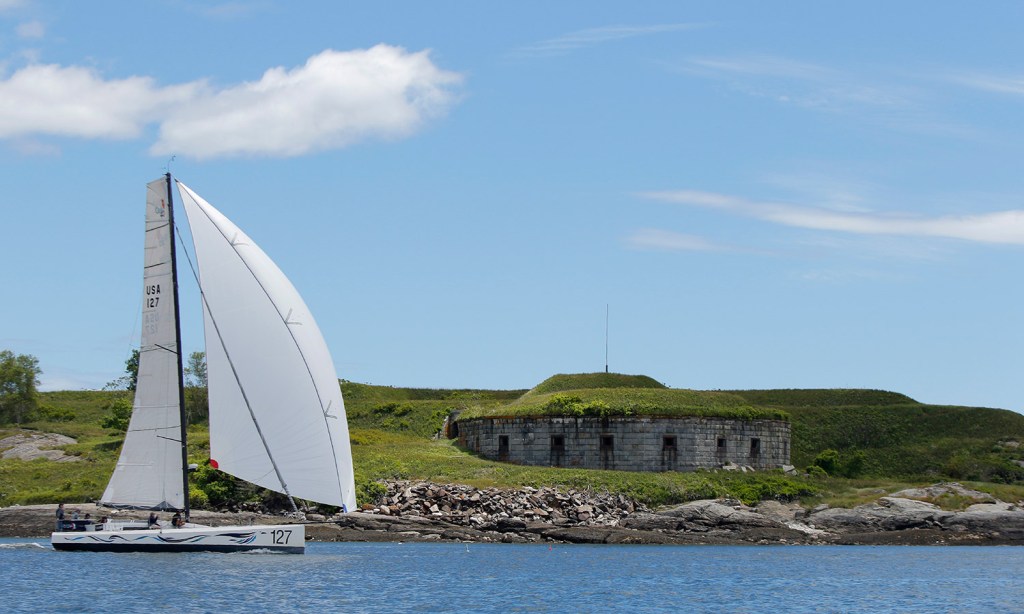
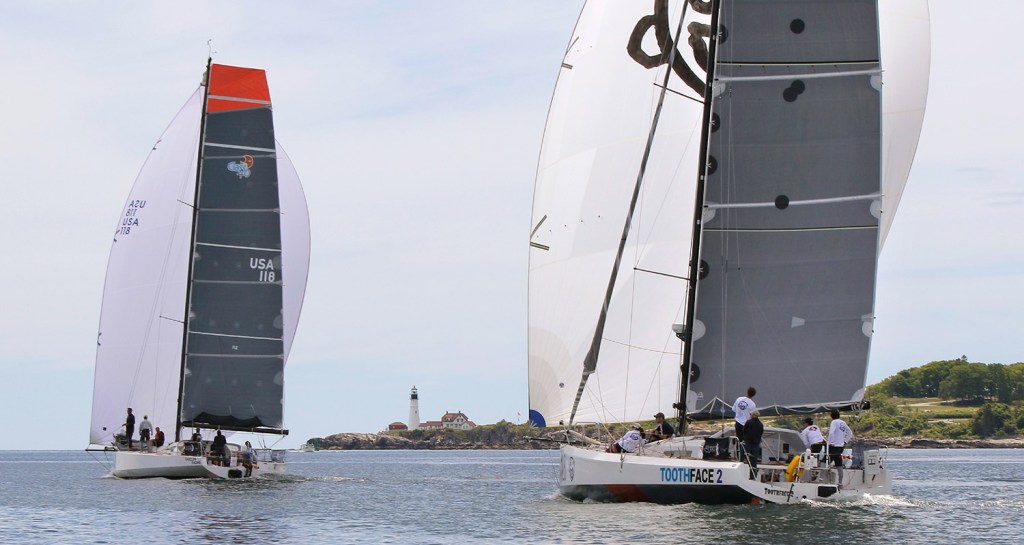
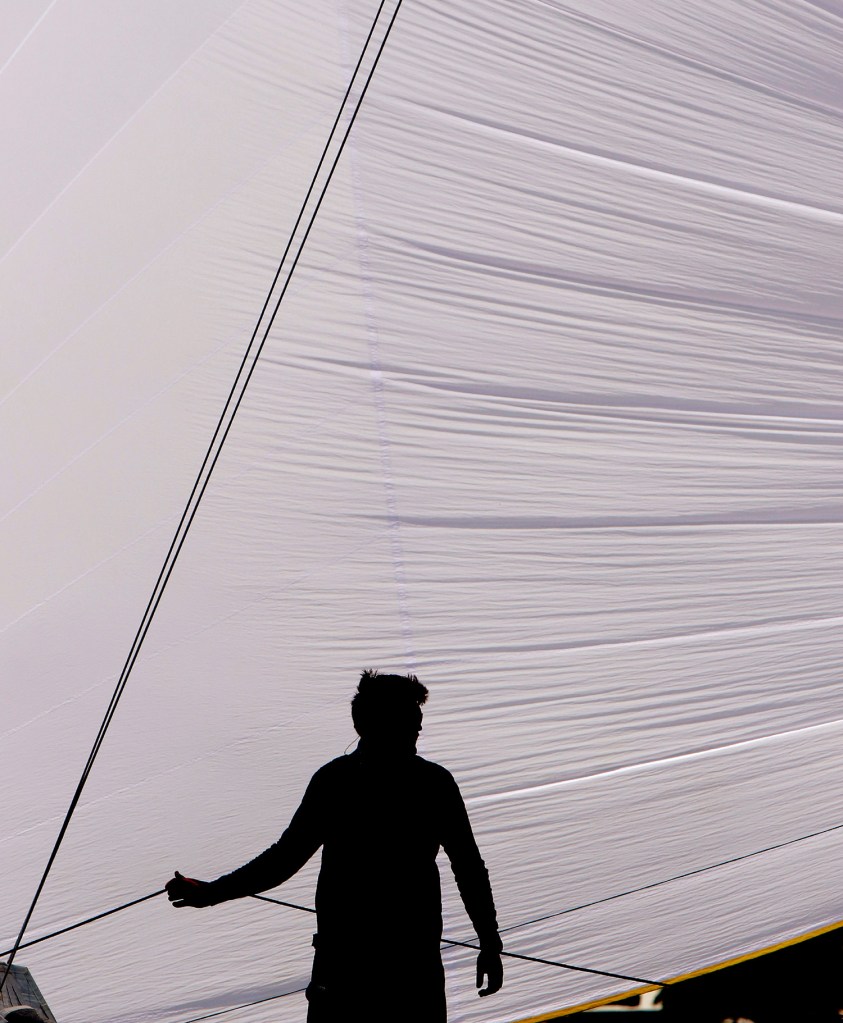
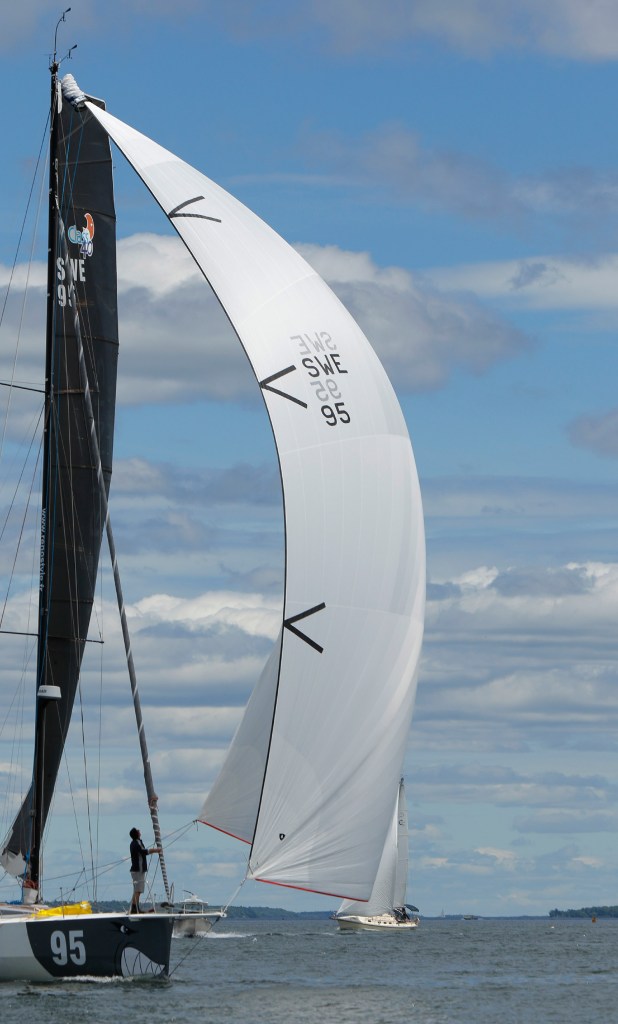

Success. Please wait for the page to reload. If the page does not reload within 5 seconds, please refresh the page.
Enter your email and password to access comments.
Hi, to comment on stories you must . This profile is in addition to your subscription and website login.
Already have a commenting profile? .
Invalid username/password.
Please check your email to confirm and complete your registration.
Only subscribers are eligible to post comments. Please subscribe or login first for digital access. Here’s why.
Use the form below to reset your password. When you've submitted your account email, we will send an email with a reset code.